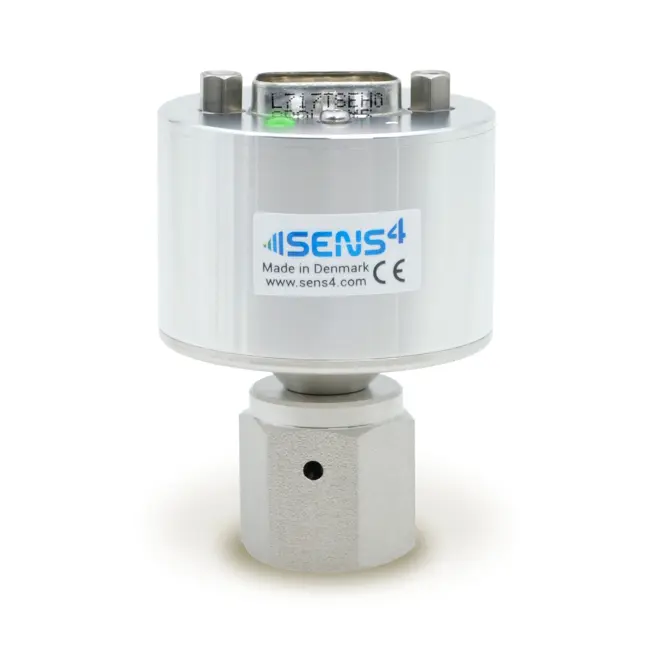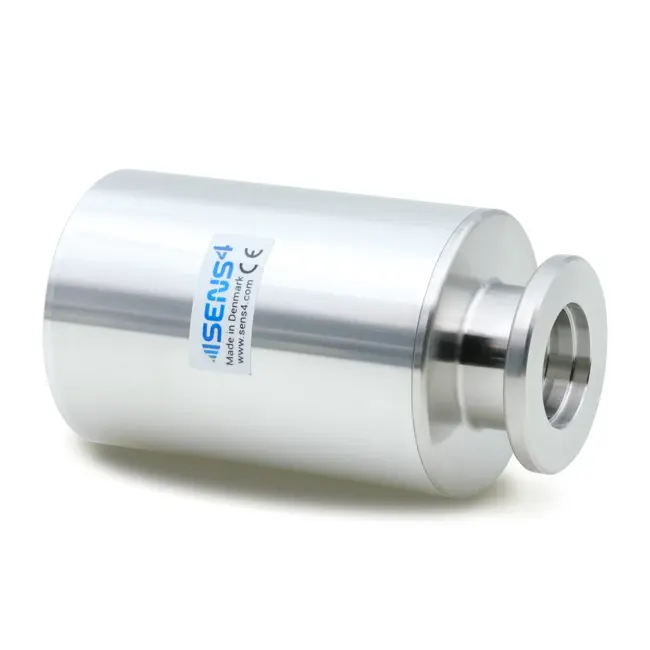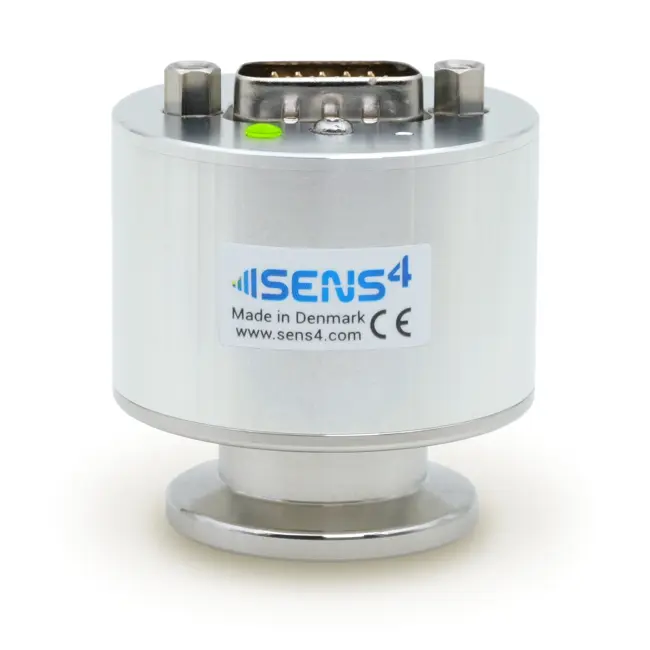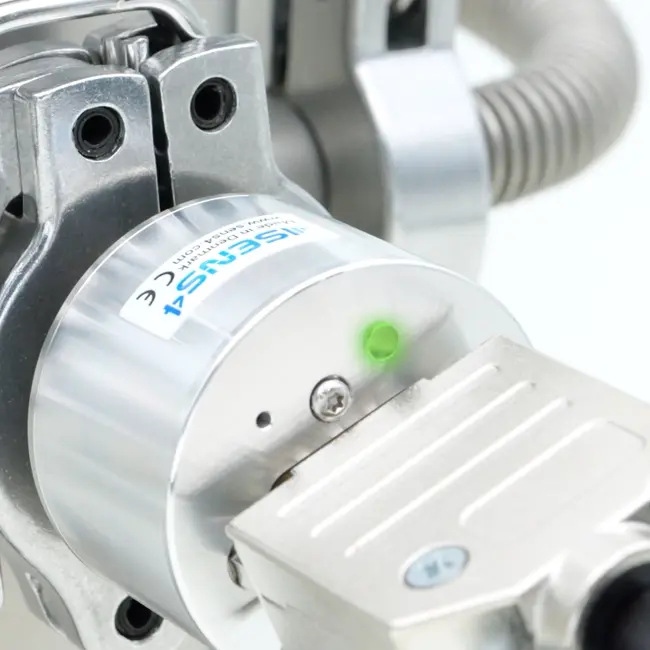Solid-state relays, just like traditional electro-mechanical relays, serve the purpose of providing a reliable switching contact function. However, while electro-mechanical relays rely on physically moving parts to establish contact, solid-state relays operate entirely using semiconductor-based technology, eliminating mechanical wear and tear.
Advantages of Solid-State Relays
Solid-state relays offer several benefits over traditional relays, making them a superior choice in various applications:
- Superior Reliability: No moving parts ensure consistent performance without erratic operation or contact bounce.
- Arc-Free Switching: No electrical arcing occurs during switching, reducing wear and safety concerns.
- Faster Response Time: Typically, less than 100 µs compared to over 5 ms for electro-mechanical relays.
- Resistance to External Influences: Unaffected by mechanical forces, vibrations, or magnetic fields, ensuring stable operation in harsh environments.
- No Electromagnetic Interference (EMI): Operate silently without generating EMI, protecting nearby sensitive equipment.
- Extended Lifespan: Designed for significantly longer operational life, even in demanding conditions.
- Energy Efficiency: Lower power consumption, reducing operational costs.
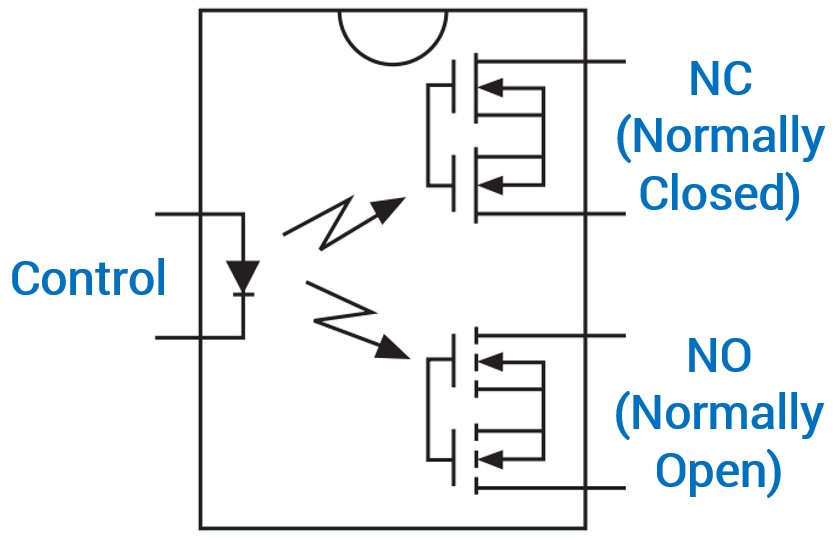
Applications of Solid-State Relays in Industrial Process Control
Reliable switching is crucial in many industrial process control applications, including pressure and vacuum control. In such settings, transducers and transmitters often integrate relays to handle safety interlock circuits and manage critical process parameters.
For pressure and vacuum measurement applications that demand high confidence in setpoint switching functionality, solid-state relays are indispensable. Unlike legacy electro-mechanical relays, they provide greater reliability and consistency, particularly in applications requiring high precision and durability.
Sens4 Solid-State Relay Solutions
Sens4 offers a range of temperature, pressure, and vacuum transducers featuring integrated, high-performance solid-state relays. These relays are UL listed, CSA recognized, and certified to EN/IEC 60950-1 standards, ensuring superior reliability and compliance with global safety standards.
For more details on how our solid-state relay solutions can enhance your process control applications, visit our product page.
